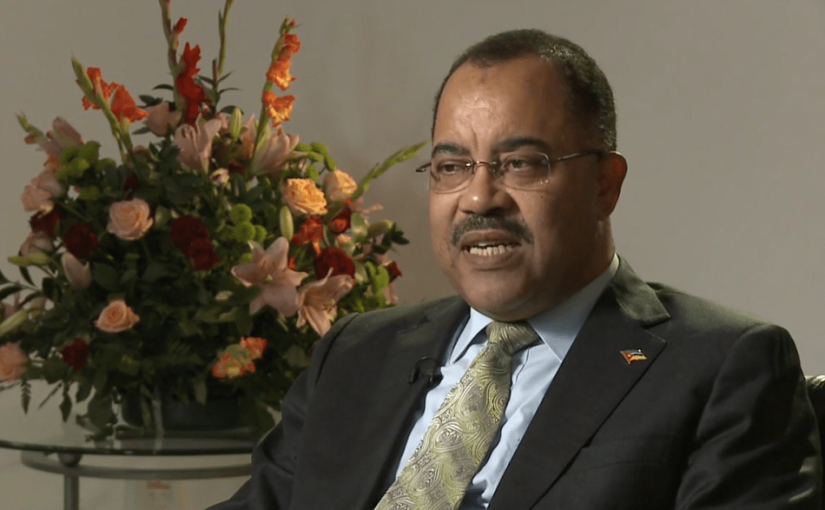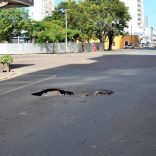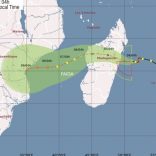Mozambican who escaped from BO Prison in December arrested in South Africa
Manuel Chang: “Demonstration of US force puts us in our place” – Elísio Macamo

in file CoM
The responses heard by DW Africa to the detention of former Mozambican finance minister Manuel Chang in South Africa on December 29 on US charges of financial crime and extradition warrant are plausible, even among those who have opposing positions.
While some opt for technical justifications, others emphasise the inequality in power relations.
Some voices stand up to the challenge, considering it disrespectful of Mozambican sovereignty. Others do not go that far, but argue that a demonstration of strength at this level should not be the first choice.
The Mozambican sociologist Elísio Macamo is one of them: “I would not say that this is exactly an attack on the country’s sovereignty, although there is a lot of sympathy for this kind of interpretation, because Chang is a deputy, someone who served the government of Mozambique for many years, with a diplomatic passport.”
“I think it would have been possible, at least from the formal point of view, for the US authorities to contact our government and that, for example, only after a refusal of our government would it be justified for him to be practically hunted down and detained outside the country.”
Money laundering and the hidden debts: Who should pay?
And even from the legal point of view there are questions about legitimacy. Manuel Chang is accused of money laundering, among other crimes. As criminal law expert Elísio de Sousa explains: “Money laundering crime is not an isolated crime: it has to be combined with other crimes because it has to do with the movement of proceeds from the commission of a crime.”
“Where was the main crime committed? It was eventually in Mozambique or against Mozambique. If so, any other crime that has been committed for money laundering derived from this crime, then Mozambican jurisdiction continues to be competent.”
Sousa joins the group of those who question the US action, and concludes that there is a lack of procedural coordination between the United States and Mozambique.
Case reflects inequalities
According to Macamo, this is a question of inequality.
“What interests me in this question of sovereignty is what it shows about the meaning of sovereignty in today’s world, because it is more than evident that if a country like Mozambique felt hurt by something that an American citizen had done, it would never have the ability or the understanding of the American authorities to act in a similar way. “
And Macamo does not hide his discontent.
“So there is a certain sense of frustration and vulnerability also from the fact that we are not Americans. And it gives me a certain sadness to see that I am from a country so vulnerable up to this point, that people commit the kind of crimes they do.”
Sovereignty was not “stolen”
But there are those who see the matter in more technical terms. As Mozambican lawyer Gilberto Correia says: “If the Americans got together a force of marines and seized a Mozambican citizen at night, then we could talk about sovereignty and the infringement of Mozambican justice.
“[Chang] is a citizen who committed a crime in the USA and faces a lawsuit there and was captured in South Africa, with whom the US has an extradition treaty. So how is Mozambican sovereignty even concerned in this case?”
In any case, there is room for deep and complex questions about a bigger problem with which Mozambique is confronted. And Professor Macamo prefers to opt for this level of analysis.
“This is a very clear example of the extremely unequal world we live in. It amazes me a lot that my compatriots, at least those who are articulated publicly, are not sensitive to what this really means. It is not just the detention of a corrupt [official], as they say, but it is a demonstration of strength that puts us in our place.”












Leave a Reply
1 Comment on "Manuel Chang: “Demonstration of US force puts us in our place” – Elísio Macamo"
You must be logged in to post a comment.
You must be logged in to post a comment.